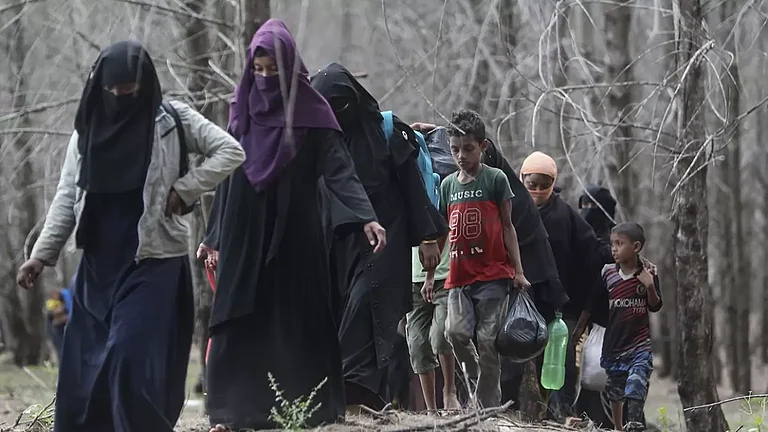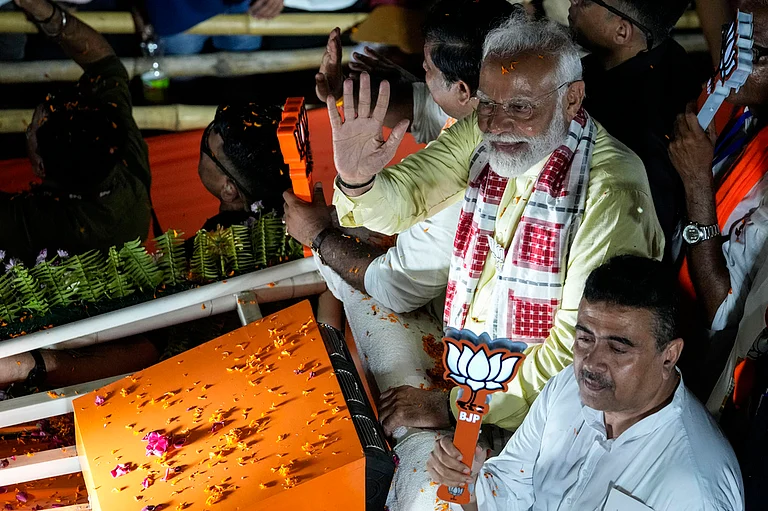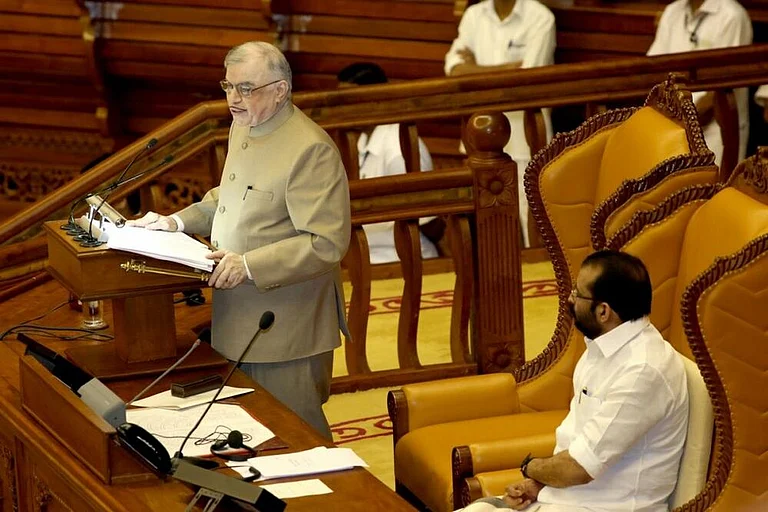Terming Rohingyas as illegal migrants, the Centre in an affidavit before the Supreme Court, said they cannot enjoy a fundamental right to reside or settle in India.
Citing the possibility of serious ramifications for national security, the Centre also mentioned there cannot be a "blanket acceptance" of foreigners as refugees, especially when a vast majority of such people have entered the country illegally.
Developing Country, Limited Resources: About Centre's Affidavid On Rohingya Issue
In its affidavid, the Centre emphasised the need to focus on the welfare of its citizens first as a developing country where population is the largest in the world while resources are limited.
"As a developing country with the largest population in the world and with limited resources, priority is required to be given to the country's own citizens. Therefore, there cannot be any blanket acceptance of foreigners as refugees especially where the vast majority of such foreigners have entered the country illegally," it said.
In its affidavit, the Centre further stated that unchecked immigration posed dangers to the country while highlighting that a vast majority of such foreigners had entered India illegally.
"A foreigner only enjoys the right to life and liberty under Article 21 and cannot claim a fundamental right to reside or settle in India. That right is available only to Indian citizens," the Centre said.
"There cannot be any recognition of refugees status outside the legislative framework and such a declaration of refugee status cannot be through a judicial order", they further added.
According to the official data used by the government in 2017, there were about 40,000 Rohingya Muslims in the country which at that time indicated a four-time increase in the Rohingya population in two years.
Moreover, in its affidavit, the Centre also underlined India is not a signatory to the 1951 Refugee Convention and to the protocol relating to the Status of Refugees, 1967, and as such, whether or not any class of persons are to be recognised as refugees is a "pure policy decision".
About the Rohingya population
Ethnically, Rohingyas are Muslims of Myanmar, mostly hailig from the Rakhine province.
Owing to clashes between dominant Buddhist communities in the country, a large section of Rohingyas started leaving Myanmar in 2012.
Also, the Myanmar government refuse to recognise Rohingya Muslims as its citizens.

























